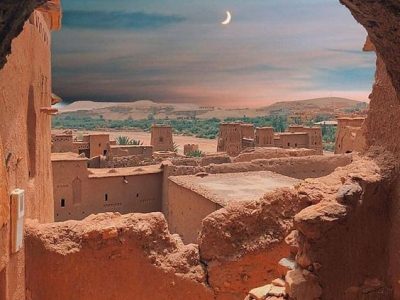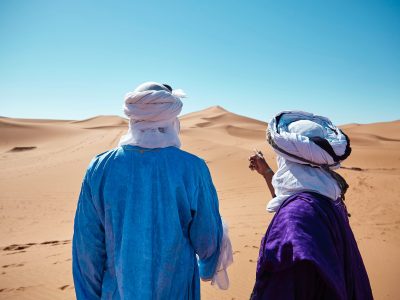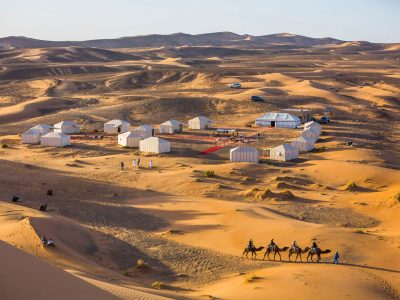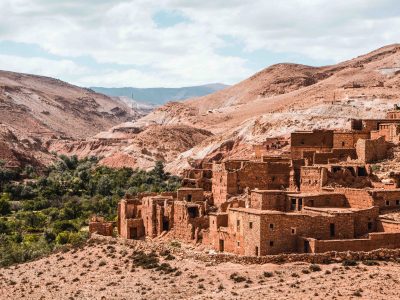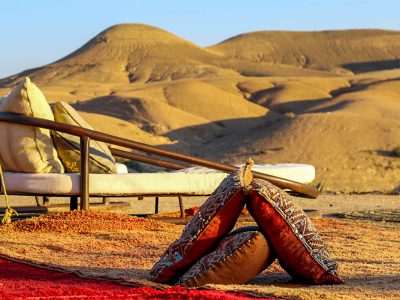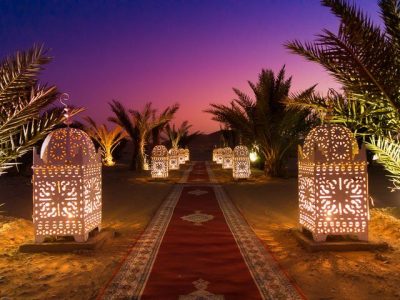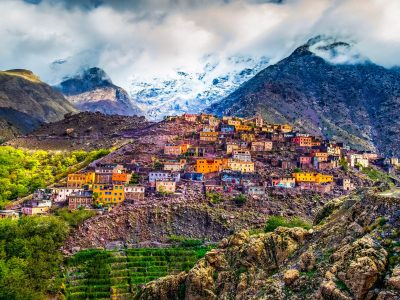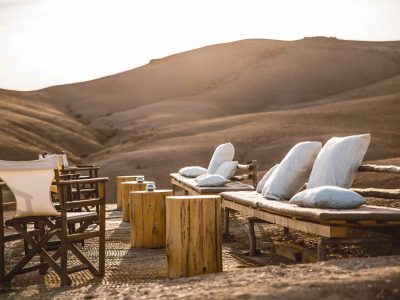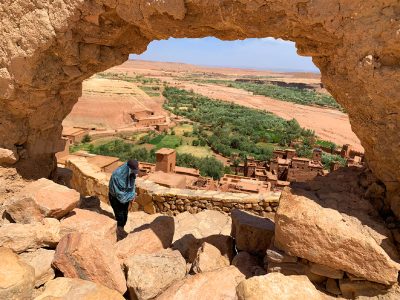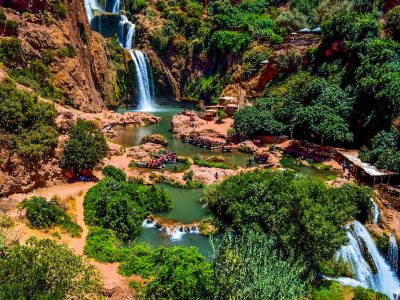The Rich Ancestry of Morocco
Marrakech, Morocco’s jewel, is a city that breathes history. Its ancient walls have witnessed the rise and fall of dynasties, the convergence of cultures, and the evolution of a nation. In this journey through time, we’ll peel back the layers of history in Marrakech, revealing the rich tapestry of a city where tradition and modernity seamlessly coexist.
The Birth of a Desert Oasis
Marrakech’s history dates back to 1070 AD when it was founded by Abu Bakr ibn Umar, a cousin of the Almoravid ruler Yusuf ibn Tashfin. The city’s strategic location in the foothills of the Atlas Mountains made it a vital trading and military center.
1. The Almoravid Dynasty
Marrakech flourished under the Almoravid Dynasty, which ruled much of North Africa and Spain during the 11th and 12th centuries. The Almoravids constructed the city’s first mosque, the Koutoubia, and laid the foundation for its architectural legacy.
2. The Golden Age of the Almohads
In the 12th century, the Almoravids were succeeded by the Almohads, who further expanded and embellished Marrakech. Under their rule, monumental structures like the Kasbah and the Menara Gardens were built. The Koutoubia Mosque, one of the city’s iconic landmarks, was reconstructed during this era.
The Rise of a Cultural Hub
Marrakech’s history is also a tale of cultural convergence. It became a crossroads for trade and ideas, attracting scholars, artists, and craftsmen from across the Arab and Berber world.
3. The Saadian Dynasty
The Saadian Dynasty, which ruled in the 16th century, played a pivotal role in Marrakech’s cultural renaissance. Their rule marked a period of prosperity and artistic flourishing. The Saadian Tombs, discovered in the 20th century, are a testament to their architectural achievements.
4. The Mellah: A Flourishing Jewish Community
Marrakech’s Mellah, or Jewish quarter, tells a story of coexistence and cultural exchange. The Mellah was established in the 16th century and was home to a thriving Jewish community. Today, you can still explore its historic synagogues and vibrant streets.
The Colonial Era and Independence
The 20th century brought significant changes to Marrakech as it became a French protectorate in 1912. While this period of colonial rule brought modern infrastructure to the city, it also marked a challenging time for Morocco’s quest for independence.
5. French Influence
During the French colonial period, Marrakech saw the construction of new neighborhoods, government buildings, and infrastructure projects. Some of the city’s colonial-era architecture still stands today, reflecting this period of change.
6. Independence and Modernity
Morocco gained independence in 1956, and Marrakech continued to evolve as a symbol of the nation’s identity and aspirations. The city embraced modernity while preserving its rich heritage, setting the stage for a vibrant and cosmopolitan future.
The Marrakech of Today
Today, Marrakech stands as a captivating blend of history and modernity. Its ancient medina, a UNESCO World Heritage Site, continues to bustle with life, while modern neighborhoods offer a glimpse into Morocco’s contemporary culture.
7. A City of Tourism and Hospitality
Marrakech’s allure as a tourist destination has grown exponentially. Visitors from around the world are drawn to its enchanting medina, luxurious riads, and vibrant souks. The city’s hospitality industry thrives, offering a range of accommodations from traditional riads to five-star resorts.
8. Preserving Heritage
Efforts to preserve Marrakech’s cultural heritage remain a priority. Historic sites, such as the Bahia Palace and the Saadian Tombs, have undergone extensive restoration to ensure they continue to tell the story of the city.
Marrakech Morocco
Marrakech, with its intricate tapestry of history, is a city where the past meets the present at every turn. From the grandeur of the Almohad architecture to the vibrancy of the Mellah, from the colonial influences to the modernity of today’s Marrakech, this city offers a glimpse into Morocco’s evolution. It’s a place where time-honored traditions and contemporary aspirations harmoniously coexist, making it a captivating destination for travelers seeking to immerse themselves in a living history. As you wander through its ancient streets and experience its vibrant culture, you’ll come to understand that Marrakech is not just a city; it’s a testament to the enduring spirit of Morocco.
Morocco Packages
The Rich Ancestry of Morocco
Marrakech Tours
Marrakech Day Trips
Rachid Morocco Tours:
Rachid Morocco Tours offers a wide range of tour packages to Morocco’s imperial cities, the Sahara Desert and the Atlantic coast. As a Morocco travel specialist, Rachid personalizes private and group tours with a unique and authentic flavor that ensures experience of the best of Morocco’s culture, people, landscapes and cuisine. Rachid Morocco Tours offers historical tours in Morocco, 2, 3, 4, 5, 6 and 7 day tours in the Sahara Desert region, art and jewelry boutique tours and cultural tours of a duration of 7 to 20 days.
Contact Info
-

Sitemap
